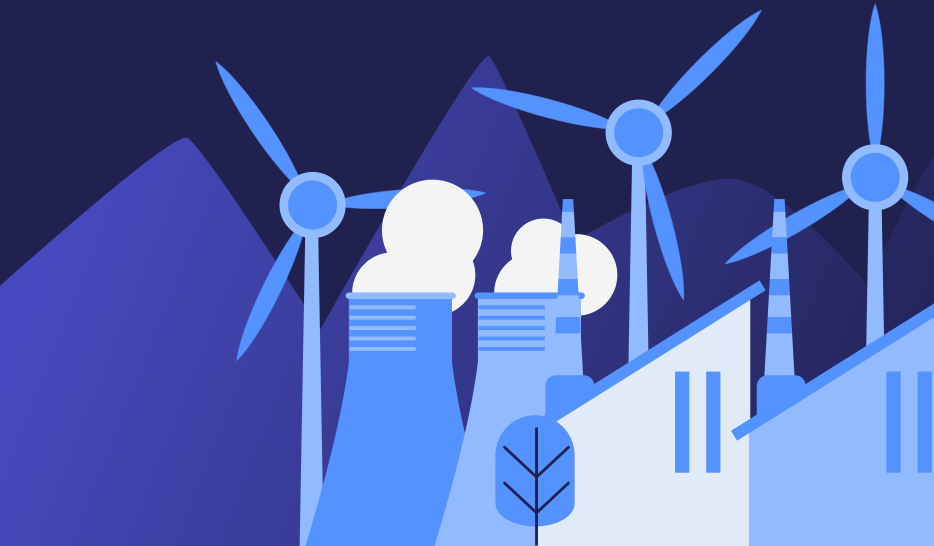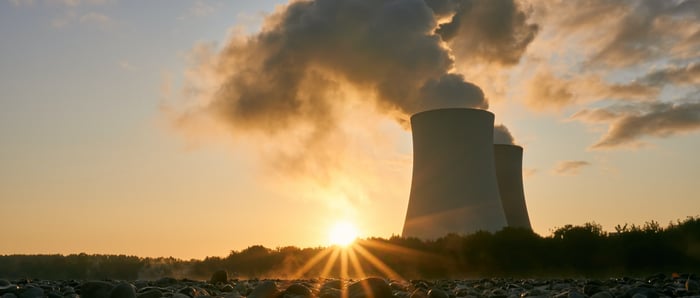

The current core business of energy suppliers has run its course. Producing, selling, and delivering electricity and gas to customers is no longer enough. The "Energiewende" and technological progress are forcing a radical strategic reorientation of the industry toward new business areas – and so far this is only visible in a rudimentary form at best.
The need for change is fueled by increasingly complex customer needs. In the past, electricity was a "low-involvement product": it came out of the socket, and that was enough for people. Today, consumers are scrutinizing the entire supply chain and paying particular attention to the quality of energy production and use.
The bitter consequence is that anyone who still wants to exist as an energy supplier in ten years' time – and this applies not only to small companies but to large ones in particular – will have to tackle these challenges.
A half-hearted focus on cost structures and optimization of networks and plants will only help in the short term. If you want to survive and hold your own against the increasing number of competitors in the long term, you have to think more far-sightedly and, above all, act.
The battle in the energy market will be won by those who successfully transform themselves in several dimensions.
1. New Partners
The future of energy business models lies in collaborative models with, at first glance, unrelated partners.
Think of the topic of electromobility, where car manufacturers, charging station operators, battery manufacturers, energy suppliers and fleet operators must work together. Or the opportunities in the area of smart energy, including IoT technologies, where energy generation, transport, and consumption must be optimally coordinated between all participants.
2. From Producer to Service Provider
In the future, energy suppliers must see themselves as service providers and energy consultants. The prerequisite for this is that they retain their customers through new digital services. These data channels will enable them to understand their customers increasingly well and to offer optimized, customized services. Imagine electricity prices that are calculated in real time on the basis of individual consumption patterns.
This is a Herculean task that must be accomplished. At first glance, this seems to primarily concern corporate strategies, organizations and processes. However, a closer look reveals that there is an even greater hurdle to overcome than "just" changing the daily work routine of employees. The IT landscape, which has grown over decades and forms the essential basis for business processes, must be completely renewed and reinvented.
The large difficulty is: No one in the company has an overview of the many millions of program lines in the company software. How would a human being be able to read and understand this huge "code book" that would be created if the code of all the control programs in a company were printed out? Even a smaller, regional energy supplier would come up with a stack of code paper the height of the Berlin TV tower. This is beyond the cognitive limits of any human being.
In addition, it is often precisely the important core software systems that are written in programming languages from the 1980s. These languages are no longer taught at universities. There are no appropriately trained specialists on the job market. The code can only be deciphered by a few experts - and they are usually close to retirement age. A time bomb is ticking here, quite independent of the dynamics of the "Energiewende".
The challenges facing utilities in the coming years are immense. Not only is it a matter of opening up and identifying and building new, collaborative business models in an ecosystem of partners that extends beyond the industry. Rather, it is a matter of accepting that the future business areas are digital – and that the energy supplier of tomorrow is a software company.
Original article in German published in "Manager Magazin". Translated by Brandon Lewis in March 2021.
These Stories on News
August-Bebel-Str. 26-53
14482 Potsdam, Germany
hello@seerene.com
+49 (0) 331 706 234 0
Generative AI Seerene GmbH
August-Bebel-Str. 26-53
14482 Potsdam, Germany
hello@seerene.com
+49 331 7062340